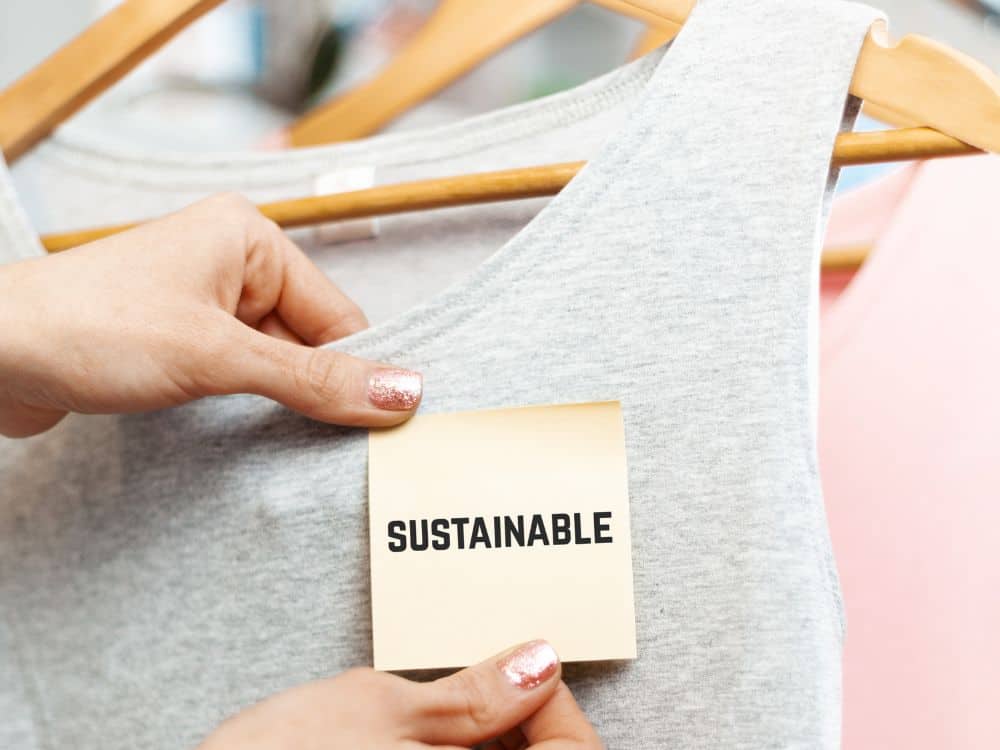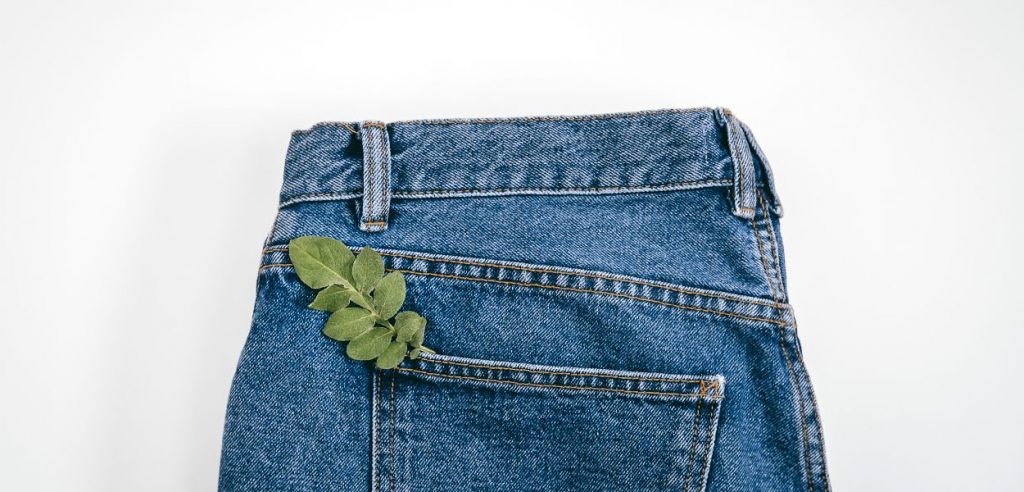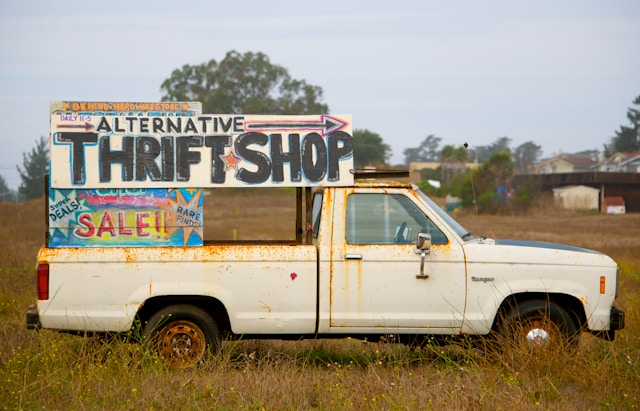Sustainable And Ethical Fashion walk side by side
Sustainable And Ethical Fashion in a New World
In recent years, there has been a significant change in the approach to environmental awareness. More and more people are introducing changes to help mitigate the climate crisis and create a better future for our planet. Fashion is one of the main culprits of pollution and waste. So, sustainable and ethical fashion brands emerge to offer alternatives that are kinder to the environment.

This gave rise to the slow fashion movement, which aims to prevent overproduction and its environmental consequences. The fast fashion industry produces large quantities of cheap clothing to meet the ever-changing trends. It also uses retail traps without taking into account the negative social and environmental impact.
This article explores ethical fashion and sustainable clothing. It focuses on the benefits, and ways to make more ethical choices when it comes to your wardrobe. Read on to learn how to make a sustainable purchase from a reputable ethical fashion brand.
The Difference Between Sustainable and Ethical Fashion
The terms sustainable and ethical fashion are often used interchangeably, but although they are related and aim to achieve similar objectives, they are not entirely the same.
Ethical fashion refers to clothing that has been produced in a way that is fair to the people involved in its creation and supply chain. Fairtrade involves ensuring that the workers receive fair wages for their work, they ethically source the materials they use in the production process, and that the working conditions are safe and comfortable.
Sustainable fashion, on the other hand, describes garments produced with a long life span, minimal impact on the environment, and made from environmentally-friendly materials and sustainable fabrics. You can then reuse, repair, or recycle at the end of their life cycle instead of throwing them away.
Why Do Ethical Brands Matter?
Fast fashion brands, as mentioned above, focus on producing large amounts of clothes while minimizing the manufacturing resources and costs. Sadly, it’s often at the expense of workers’ safety. Industry entrepreneurs may claim that even though the working conditions are below average, they are creating jobs, and the workers receive fair pay for their work.
This, however, created a large scheme of exploitation in many developing countries, such as Bangladesh. The industry forces people to work long hours for very little pay in unsafe and often life-threatening conditions to maintain their job security.
The social impact of such business practices is significant, as it creates a vicious cycle of poverty and inequality. Moreover, the exploitation often goes beyond the workers in the garment industry. It also includes other areas of the clothing world, such as cotton farmers or leather tanners. Sourcing textiles from such suppliers typically results in environmental pollution and damage. It’s even worse if the raw materials for a T-shirt have to travel thousands of miles before they reach the shop.
And so, ethical clothing brands aim to provide sustainable production processes with a transparent supply chain and the best ethical practices. Such produce is often less cost-effective for consumers. However, it is a way to make a little change that can greatly impact the lives of many people across the globe.
Should I Shop Sustainably?
Sustainable fashion brands take pride in using high-quality, environmentally-friendly materials and sustainable fabrics, such as organic cotton or recycled polyester. They also typically work with certified Fairtrade suppliers to make sure that the people involved in their garments’ creation earn a fair living wage and work in safe conditions.
Sustainability is also achieved by ensuring that the clothes are made to last. This means using the most sustainable option, such as recycled cotton or other natural materials that are known to wear well and age gracefully. This way, consumers can feel confident that they are making an investment. Such a piece won’t fall apart after a few washes, releasing microplastics and other harmful substances into the environment. Similarly, brands can often replace plastic packaging with biodegradable options or eliminated it altogether.
Of course, sustainable clothing isn’t only about purchasing new items. Many brands provide you with the opportunity to repair or recycle your clothes. For example, using excess fabric left over from production. This way, you can extend the life of your clothes further, even if you buy secondhand. Keeping clothes in good condition for longer is one of the most eco-friendly habits. It reduces the amount of water, energy, and resources needed to produce a new garment.
Ethical and Sustainable Clothing Brands
Ethical fashion and sustainable fashion brands are nothing new – in fact, many of them have been around for decades. Patagonia is an eco-friendly fashion brand founded in 1973. It was one of the first companies to focus on sustainable clothing long before the term was even coined. The company is still going strong today. Its commitment to sustainability and social responsibility is as strong as ever. Iyt proves that a clothing company can be profitable while also doing good.
But it isn’t only the big names that can help you save the planet. In fact, ethical fashion has entered the mainstream, with many high street stores now offering sustainable and ethical alternatives to fast fashion. There’s a high chance that your favorite brands are already using organic cotton and other ethical fashion solutions. So, make sure to check the labels of your clothes and the website for more information on the brands’ best ethical policies.
However, this does not mean that every brand that employs transparent supply chains for a few lines and styles is completely ethical. Make sure to do your research before you shop.
Final Thoughts
Sustainable and ethical fashion is an important movement that is here to stay. Consumers become more aware of the fast fashion industry’s negative impact on people and the planet. As such, they are looking for alternatives that are kinder to the environment and fair to their workers.
So before you embark on a journey to shop for new clothes, make sure that you actually need them. Once you have made the decision to buy something, look for ethical clothing brands with transparent supply chains and natural and eco-friendly materials. This way, you can be confident that your clothes won’t add to the ever-growing mountain of textile waste. Plus, you’ll be supporting a business that is doing good.
Like this article? Read this one: Sustainable beauty has come to stay.
* Written by Isabel Maaler
Editor’s Note: The opinions expressed here by Fashinnovation’s columnists are their own, not those of Fashinnovation.






